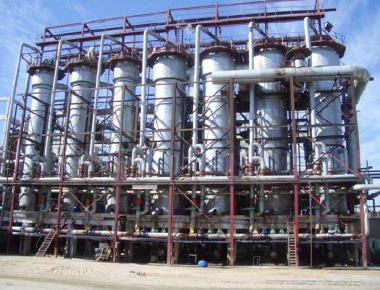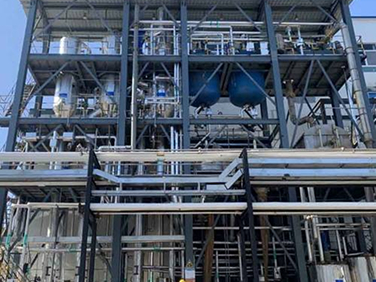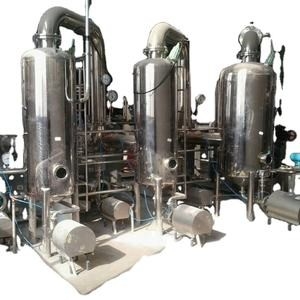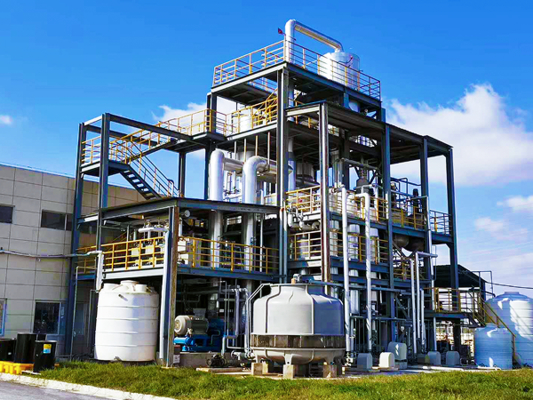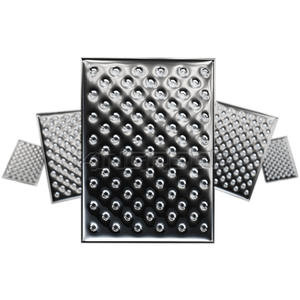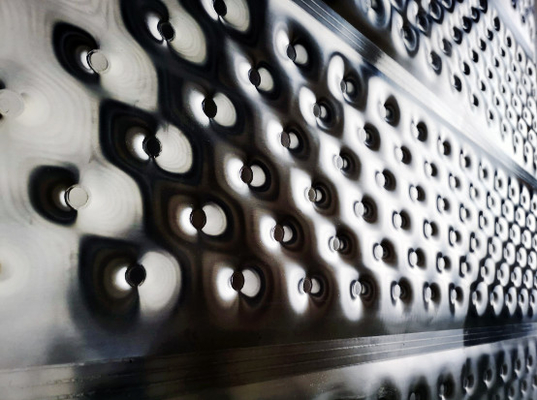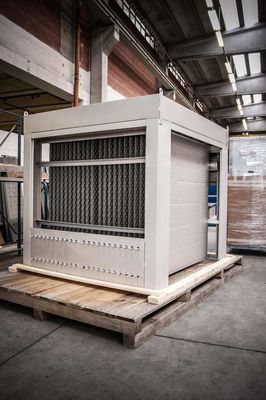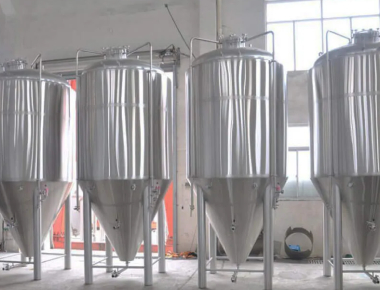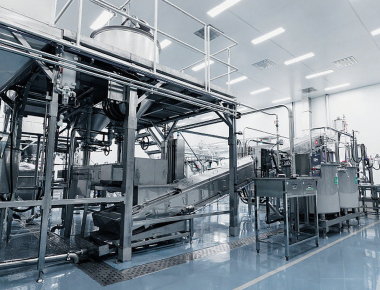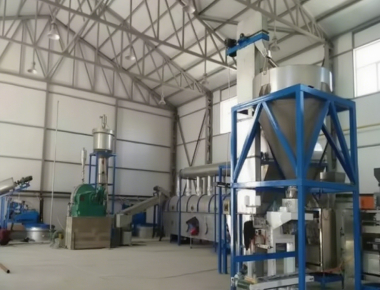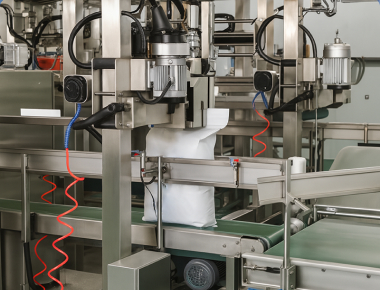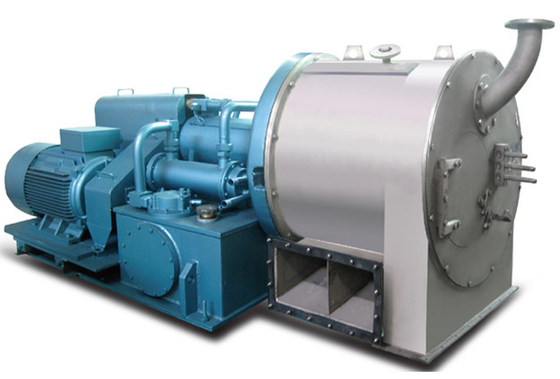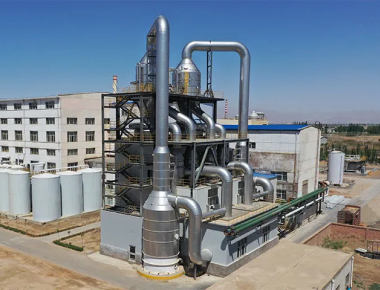MVR Evaporator Solution for Black Liquor Treatment
Hanpu's MVR Evaporator Solution for Black Liquor Treatment
Designed for efficient black liquor concentration and recovery, maximizing energy savings in the pulp and paper industry.
Hanpu specializes in providing EPC solutions for black liquor treatment using advanced MVR evaporators. Our MVR systems are specifically engineered to address the unique challenges of the pulp and paper industry, offering unparalleled energy efficiency, higher recovery rates, and a sustainable approach to wastewater management.

The Challenge in Black Liquor Treatment
Traditional black liquor treatment methods are struggling to meet modern demands: high energy consumption, inconsistent product quality, and difficulty achieving environmental compliance. Are you looking for a more efficient, cost-effective solution?
Our MVR Solution Advantages
 Customized for your needs Customized for your needs |
 Energy-efficient design Energy-efficient design |
 Cost reduction for operation Cost reduction for operation |
 Consistent product quality Consistent product quality |
What You'll Get After Cooperating With Us
- Receive a comprehensive black liquor treatment solution and an investment analysis report
- Achieve exceptional NaCl purity of over 99.9% in the final product
- Save up to 40% on energy consumption with our MVR technology
- Get a 24/7 continuous operation system to maximize uptime
- Benefit from smart, automated control with a compact and modern plant design

Delivery Workflow
Feed & target → Process design & heat balance → Pilot/bench validation (optional) → Detailed engineering & fabrication → Installation & commissioning → Performance test & training → Maintenance & spare strategy
Applications of MVR in Black Liquor Treatment

We help you produce more than just salt; we deliver solutions for your black liquor treatment and recovery processes. Through Hanpu's advanced MVR technology, we can concentrate black liquor to high solid content, significantly improving chemical recovery and reducing waste disposal costs.
Our MVR technology is used for concentrating black liquor, recovering valuable chemicals such as sodium carbonate, and achieving Zero Liquid Discharge (ZLD) for waste management. With our expertise, you can meet environmental regulations while improving your bottom line.
Frequently Asked Questions
Have questions about MVR technology for black liquor treatment? We have answers. Here are some of the most common questions we get. If you don't see your question here, feel free to contact us.
Q1: What is an MVR evaporator? How is it used in black liquor treatment?
An MVR (Mechanical Vapor Recompression) evaporator is a highly energy-efficient device used to concentrate liquids by recycling steam. In black liquor treatment, it is used to evaporate the water from the liquor, increasing the solid content and allowing for the recovery of valuable chemicals.
Compared to traditional methods, MVR systems use less fresh steam, making them more cost-effective and efficient in handling high-salinity wastewater like black liquor.
Q2: How does the MVR process work for black liquor?
The MVR system works by boiling the black liquor to create steam, which is then compressed to a higher temperature. This steam is then sent back to evaporate more of the liquor. This process recycles its own energy, drastically reducing energy consumption.

 Your message must be between 20-3,000 characters!
Your message must be between 20-3,000 characters! Please check your E-mail!
Please check your E-mail!  Your message must be between 20-3,000 characters!
Your message must be between 20-3,000 characters! Please check your E-mail!
Please check your E-mail! 
